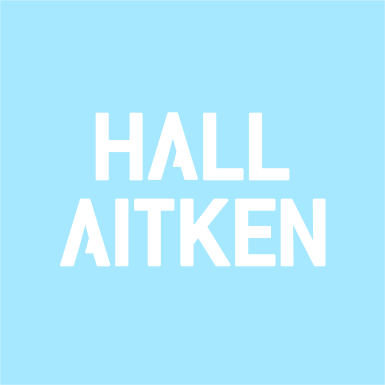Humber LEP: evaluating business support
Because of our work, Humber LEP could base future operations on a broad, detailed and accurate evaluation of its work.
Humber LEP is a partnership of business, education and the four Humber local authorities: Hull, East Riding, North Lincolnshire and North East Lincolnshire. Its partners collaborate to promote and develop the area surrounding the Humber Estuary and provide strategic economic leadership to create jobs and deliver growth.
The Humber LEP offers has two main sources of funding, the Growth Hub for small business and Growing the Humber for more large-scale interventions. The LEP had to meet its funders’ requirements for evaluation. It also saw this evaluation as an opportunity to measure the impact of its programmes on a newly resurgent region buoyed by the investment in green technologies on both sides of the Humber.
Stage one: identifying key issues
We held workshops with Humber LEP’s delivery staff to understand how the programme differed from previous business support programmes such as Business Link or ERDF. These identified a need to coordinate support across the region more tightly, while balancing the need for local input and considerations.
Stage two: research with stakeholders
We interviewed 25 businesses about both the Growth Hub and Growing the Humber programmes. To get the full picture, these included businesses whose applications for support had been unsuccessful. We asked how investment had benefited their company and how the Humber LEP had managed the process. We also interviewed key stakeholders and conducted a quantitative analysis of programme and its impact data, such as investment secured as a result of grants.
Stage three: our report
We delivered a final report identifying strengths and weaknesses across the programmes. The programme had delivered many of its targets and our report confirmed the positive feedback overall. We were also able to recommend some potential changes to systems around communications and quality control
We discussed the findings of our report in detail with the programme team to help inform future project direction.
